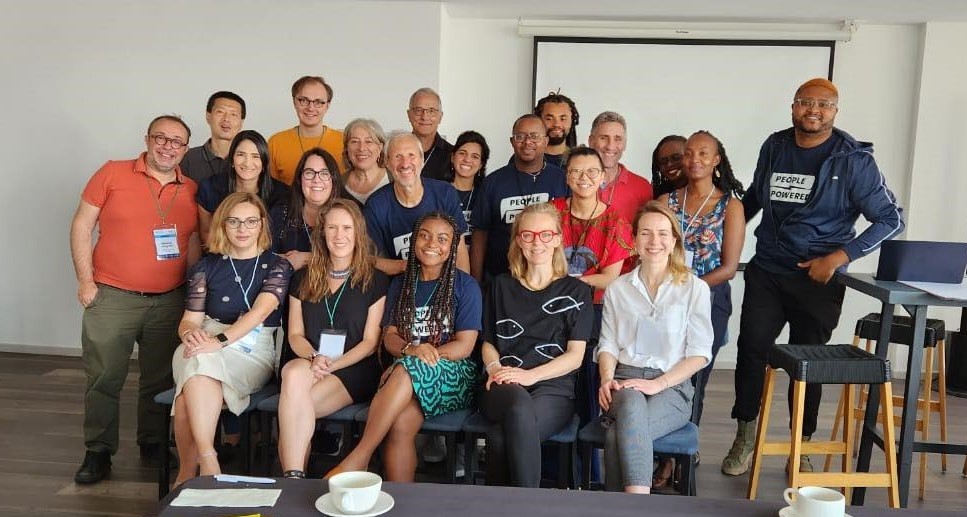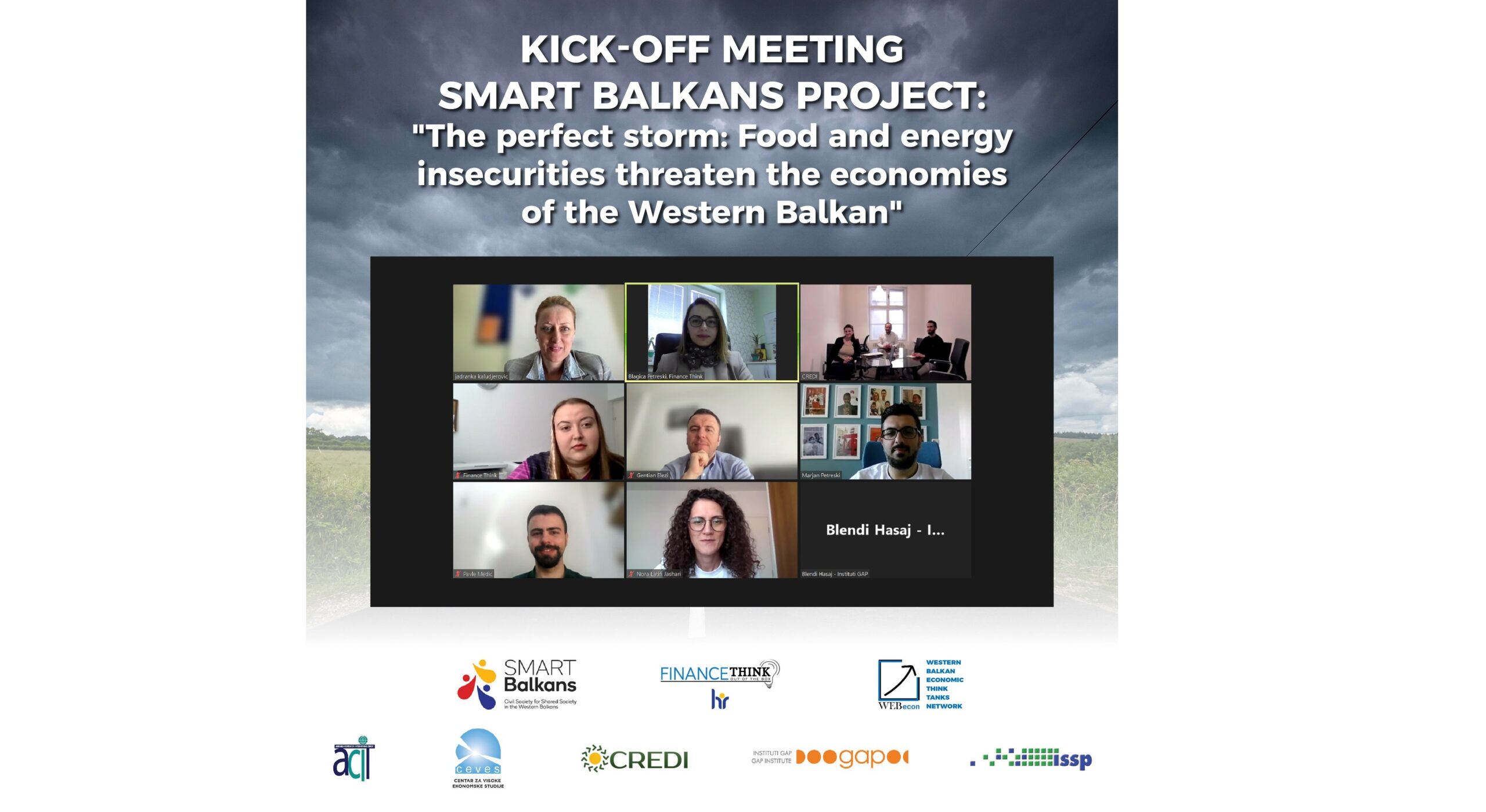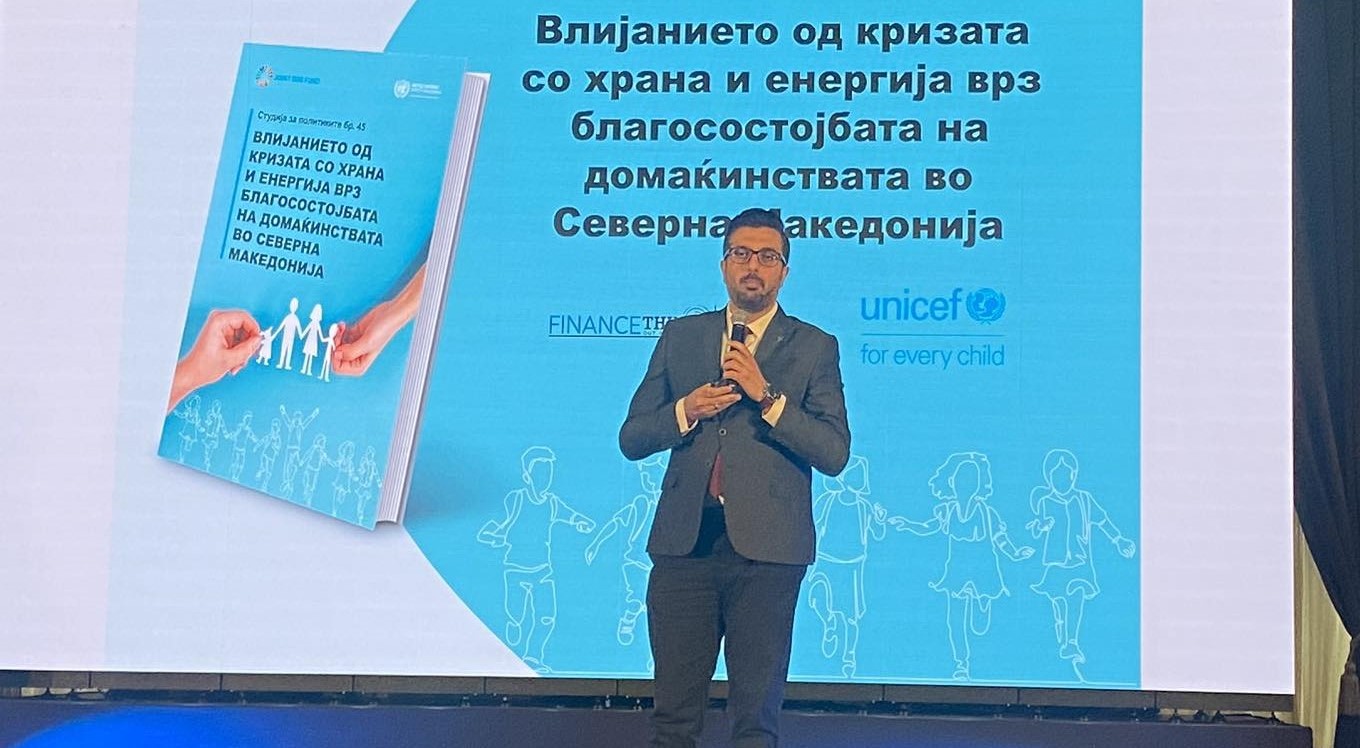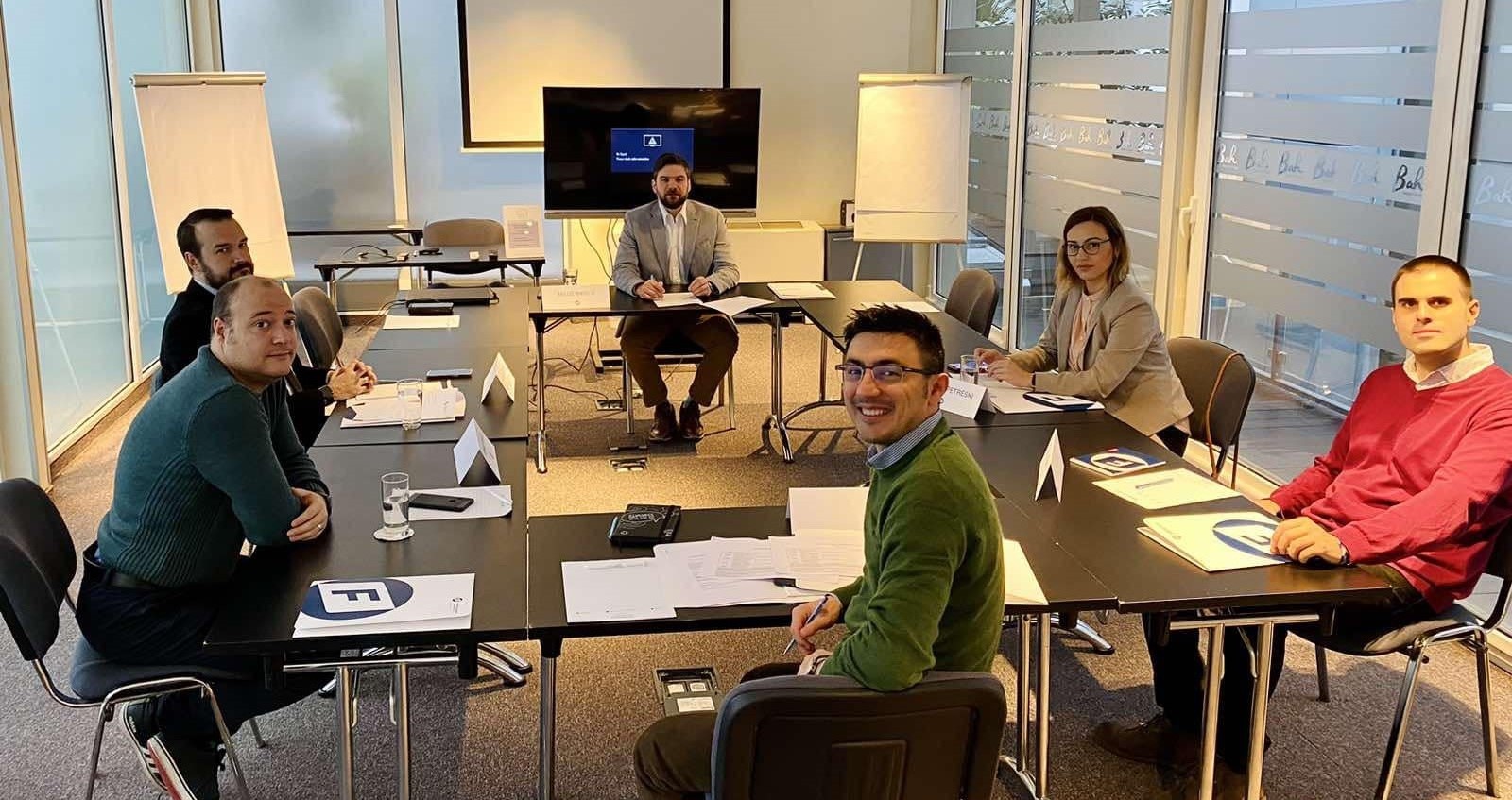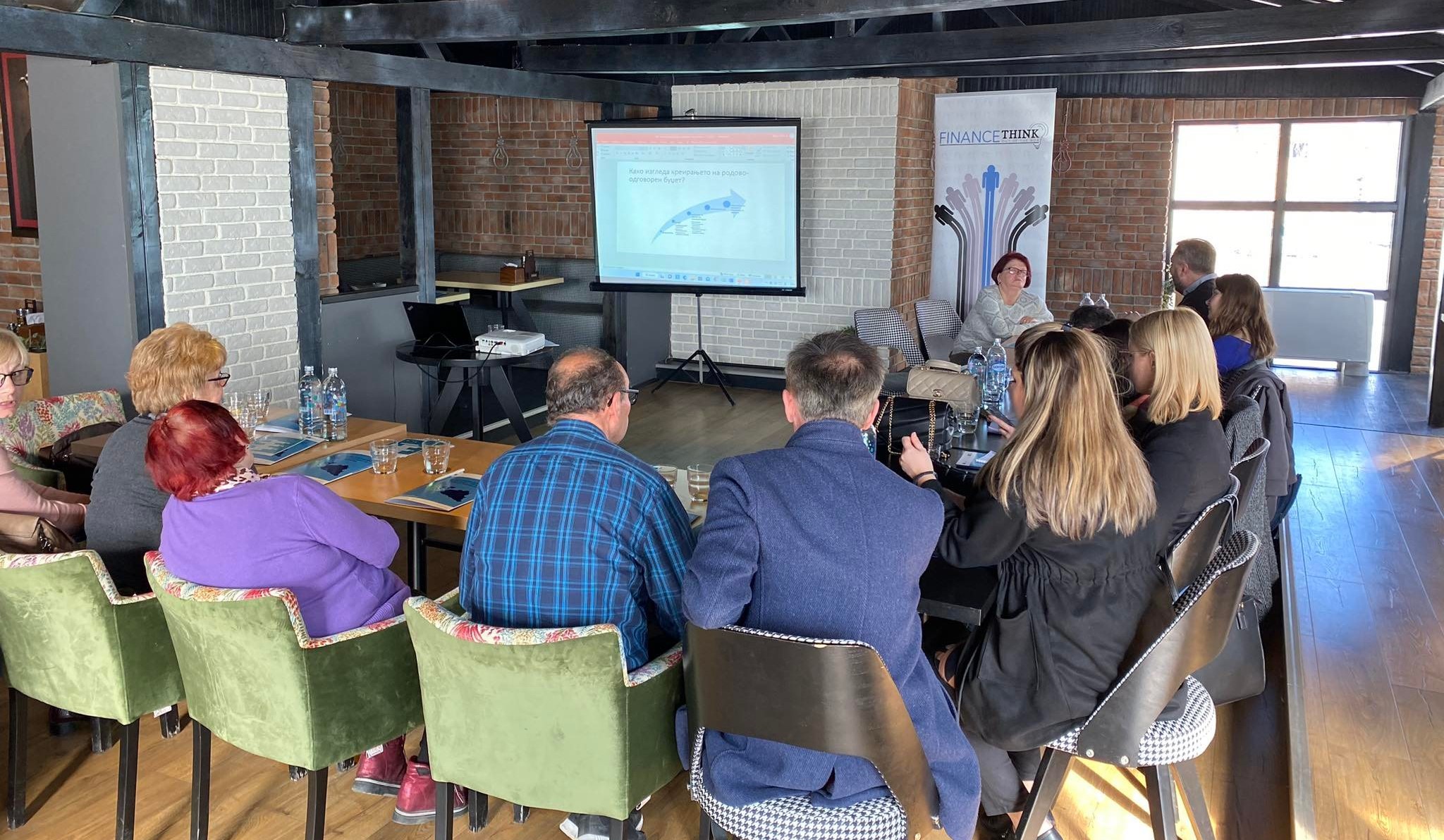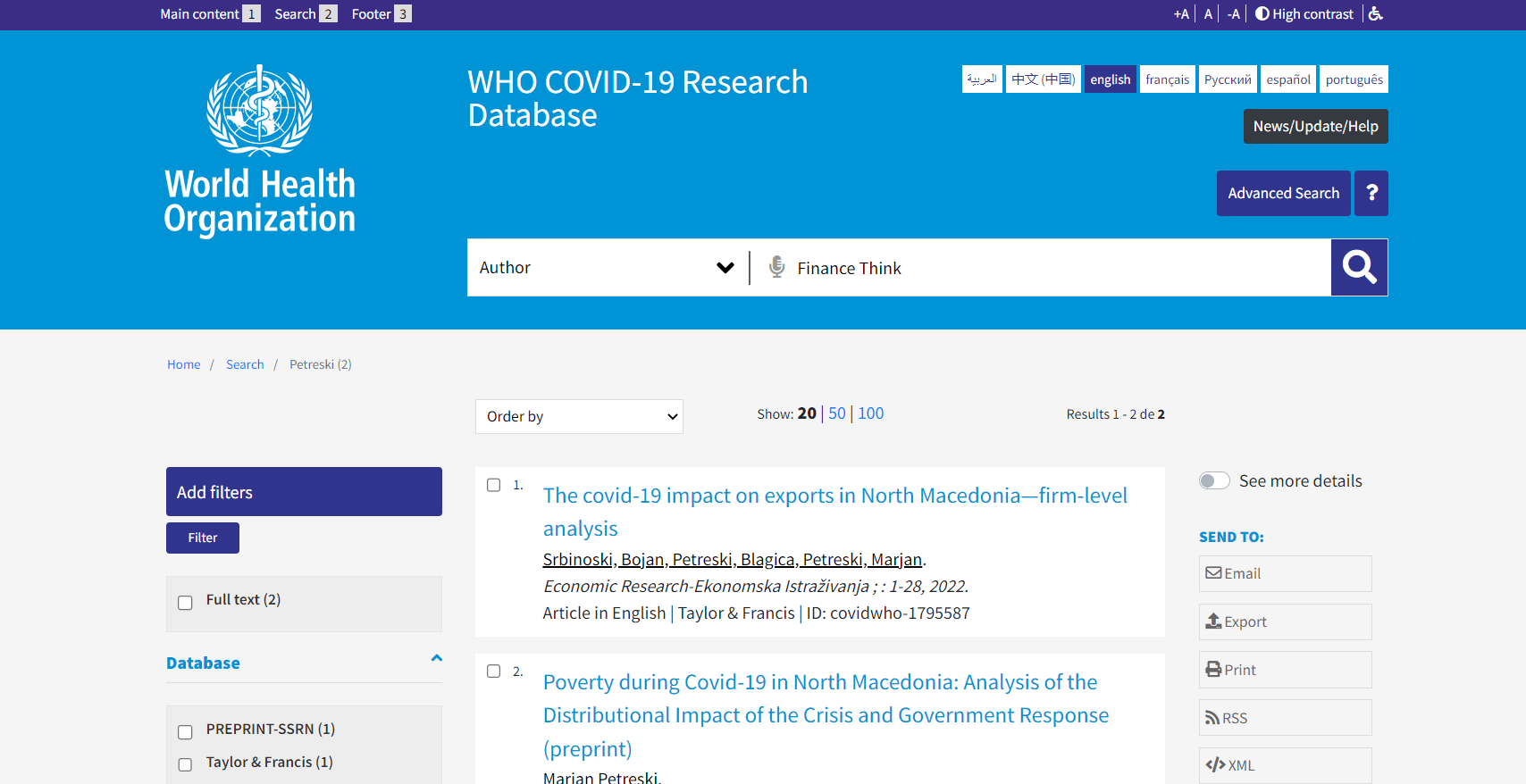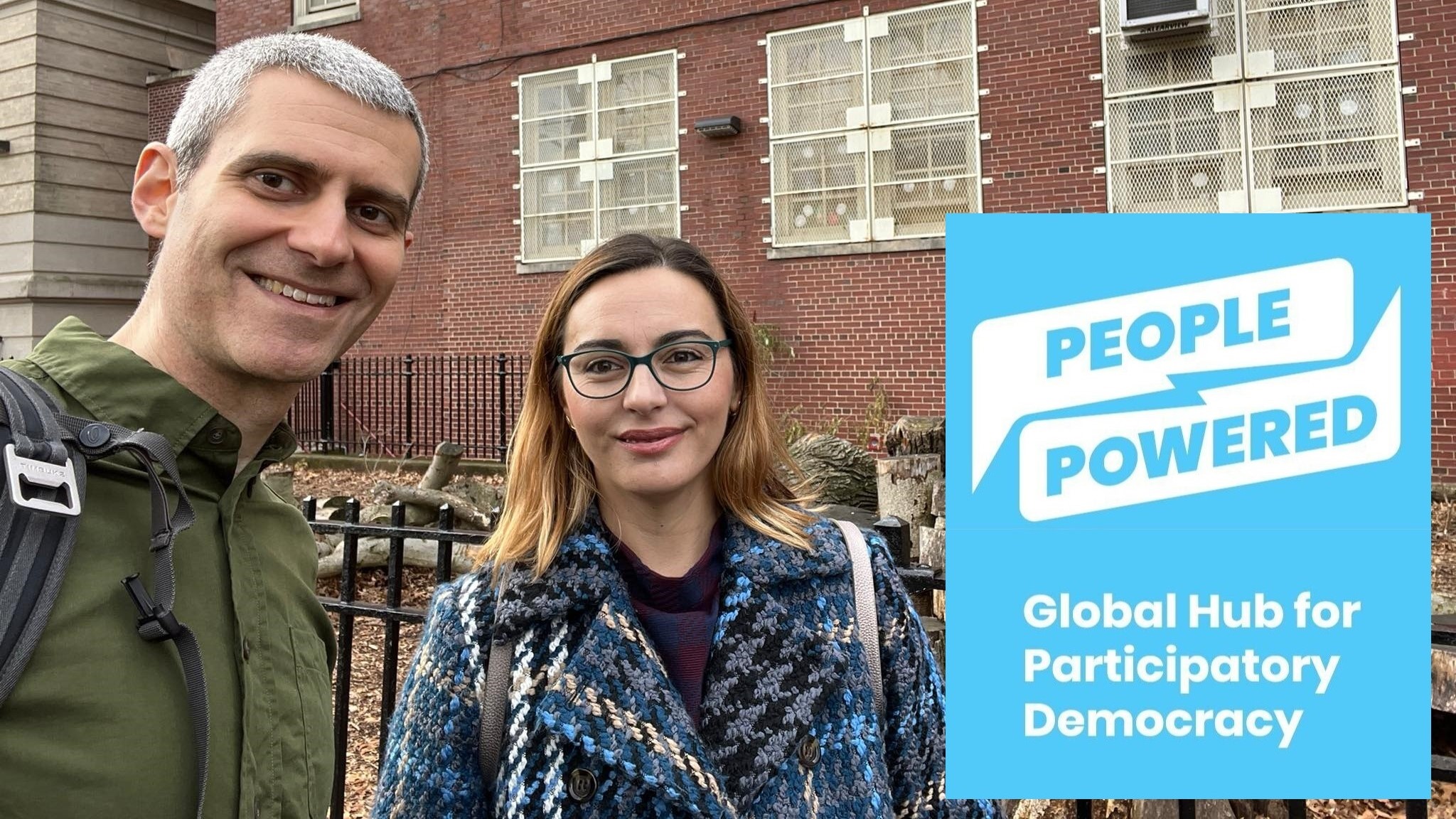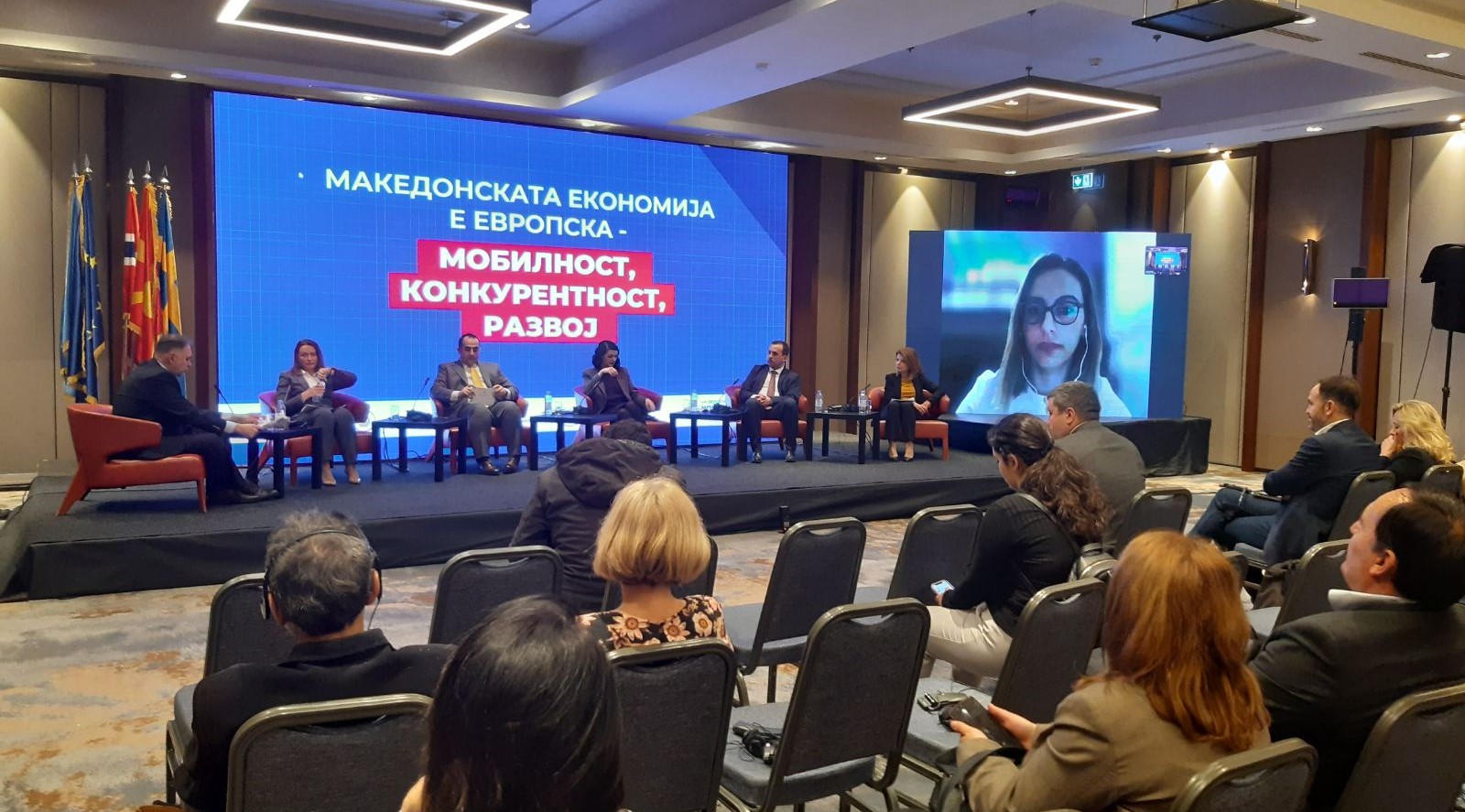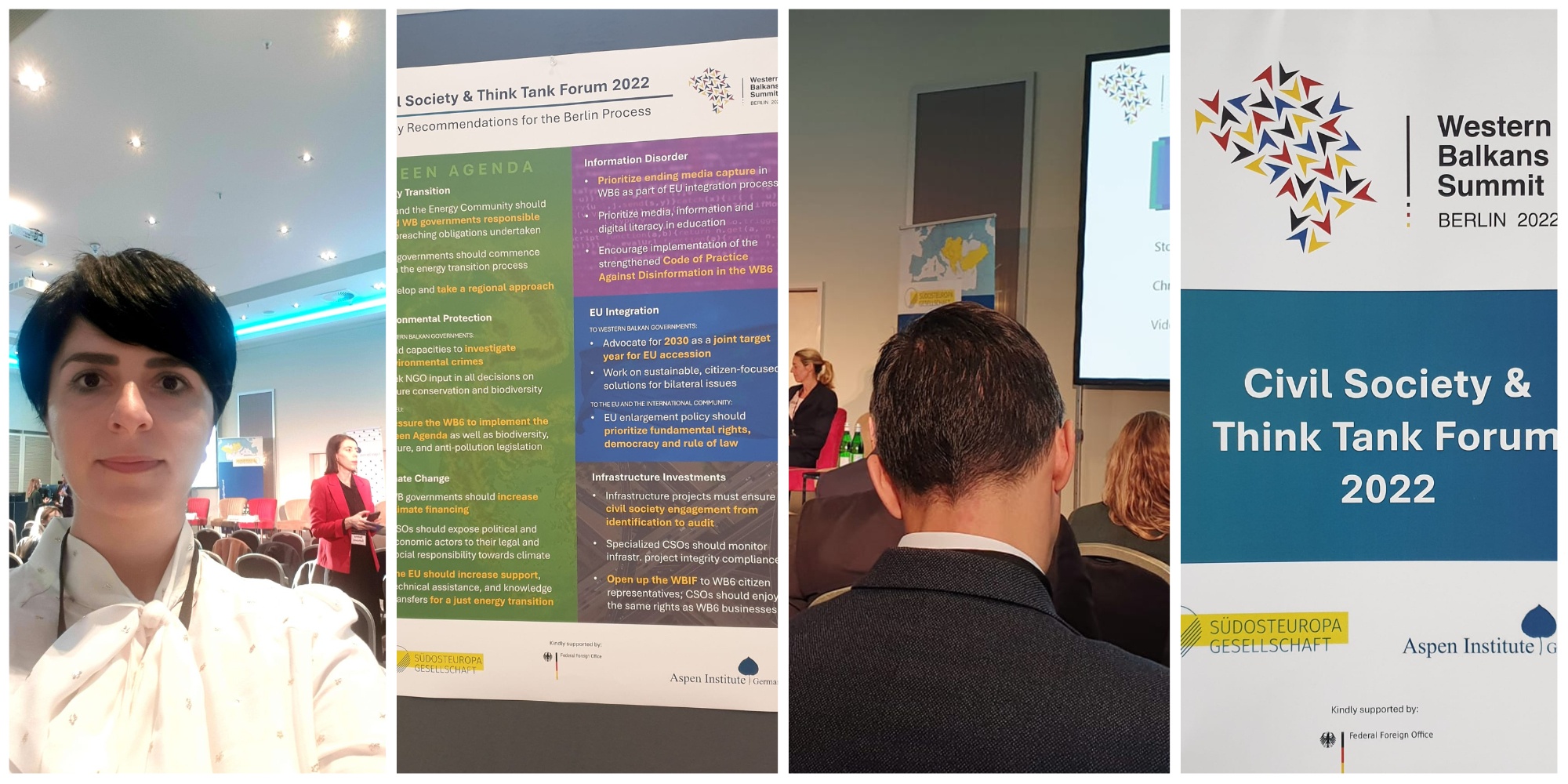A new #WEBecon project kicks off
Project details are available here.
Irena Jakimoska and Gligor Bishev are the newly elected members of our Supervisory Committee
New findings on the consequences of the energy and food crisis for households
Children must be the forefront of measures to reduce food and energy poverty
Skopje, 28 February 2023 – At an event to present the findings of a new analysis on the impact of the food and energy crisis on children and families, representatives of the government, civil society and development partners discussed policy recommendations to address the increase of poverty.
The new analysis presented by UNICEF and Finance Think, highlights that some 33 thousand people – ten thousand of which were children – have been pushed below the poverty line due to the food and energy crisis. While the Government measures have been successful in ensuring that the number of affected families has not been higher, participants noted the need for more targeted interventions to support the most vulnerable households.
” Since the beginning of the energy crisis, the Ministry of Economy has continuously implemented measures to support citizens. In addition to the fact that the state subsidizes 80% of electricity for households and small consumers, last year when the energy crisis began, we created a special programme within the Ministry of Economy through which the measure for subsidizing the electricity bill for vulnerable categories of citizens was realized. The measure has been extended during this year as well.,” said the Minister of Economy, Kreshnik Bekteshi.
In 2022, compared to 2021, the Consumer Price Index in North Macedonia increased by 14%. Food prices increased by 22% on average, while some categories of food increased by 36%. These price shocks disproportionally affected families with multiple children and with lower incomes, due to the greater share of food and energy expenditures in their household budget. The most vulnerable segments of the population are left with little funds to meet their other basic needs.
Enver Husein, the Deputy Minister of Labour and Social Policy stressed that the Ministry of Labour and Social Policy is responding to the energy crisis through financial support to vulnerable citizens. For this purpose, and as proposed by the Ministry of Labour and Social Policy, the Government has developed a Law on financial support to socially vulnerable categories of citizens.
The assessment shows that one in three children experienced food poverty in 2022 – a 9 percentage points increase compared to the situation before the crisis. The situation is worse among families with three or more children. 44% of them experience food poverty.
“Public sector budgets must ensure that services for children are not affected even further by the rising costs and dip in public revenue. Children need to remain at the centre of all national development effort ensuring access of every child to basic social services such as education, health and protection, regardless of rising costs of electricity and heating for facilities,” said Patrizia DiGiovanni, UNICEF Representative.
“The measures from the two Government packages of measures are estimated to be effective in the range of 30 to 60%, depending of which specific rate and which specific population group, that is, if it were not for the measures, the impact of the crisis on the welfare of households would have been 40 to 70% more intense in the negative sense,” said Marjan Petreski from Finance Think. “However, the analysis clearly shows that the measures helped all income groups, including those who could bear the impact of the crisis themselves, and this is important because of the narrow fiscal space, which then puts a lot of pressure on the need to borrow.”
The policy recommendations discussed at the event, focused on the need to provide more targeted support to reduce the burden on children, including:
- Expand the energy subsidy to most vulnerable families and relax the eligibility criteria of the Guaranteed Minimum Assistance for key vulnerable groups of households.
- More frequent adjustments of the cash benefits to align them with rising prices, to ensure that they preserve their value.
- In the context of rising budgetary pressures at national and municipal level, protect basic health services, social protection and education by increasing efficiency, effectiveness and equity in social spending.
- Introduce a free school feeding programme, which would not only improve access to healthy and nutritious food for school children but will also reduce poverty.
The new assessment was conducted by Finance Think in partnership UNICEF as part of a joint United Nations effort to identify systemic pathways for responding to the global food and energy crisis. UNICEF together with UNDP and FAO, have been working together with national and international partners to find sustainable and long-term solutions that will respond to the needs of vulnerable groups and at the same time support growth and development, in conditions of high inflation. and modest financial resources.
Meeting of the Open Balkan working group in Belgrade
Finance Think is part of the regional working group for the Open Balkans Initiative, composed of representatives from Serbia, Albania, North Macedonia and Bosnia and Herzegovina, led by Libertarijanski Klub -LibeK-.
⏱ This weekend, the working group is holding a meeting in Belgrade to coordinate current and upcoming activities.
Workshop on gender-responsive policies with local stakeholders
The workshop “Gender-responsive creation of local programs and budget” for representatives of the public administration and the civil sector from Prilep and Krushevo is being held in Prilep, February 17, 2023.
The workshop is part of the project “Gender-responsible planning at the local level: The case of Prilep and Krushevo”, supported by Reactor Research in Action and partners through the action “Advancement of gender equality in the EU accession process”. The action is financed by the European Union and co-financed by Sweden.
Our studies in a research database of the WHO
Finance Think visited People Powered in New York
Our Blagica Petreski is visiting People Powered – The Global Hub for Participatory Democracy from New York, USA.
With Josh Lerner (pictured), we discussed current collaborative #initiatives and toured several completed Brooklyn projects that are working thanks to the participatory budgeting that the hub promotes and facilitates.
Finance Think is a pioneer in #participatory budgeting in municipalities in North Macedonia. On this topic, follow us in the new initiatives during 2023!
Finance Think at a panel “Macedonian economy is European”
Finance Think is participating in the third panel discussion on the topic “The Macedonian economy is European – mobility, competitiveness, development”, organized by the Secretariat for European Affairs.
Our Blagica Petreski spoke in the second panel dedicated to cluster 3 Competitiveness and inclusive #growth, together with ministers Kreshnik Bekteshi, Jeton Shaqiri, Bisera Kostadinova Stojchevska, Admirim Aliti, and Director of the PRO Sanja Lukarevska.

